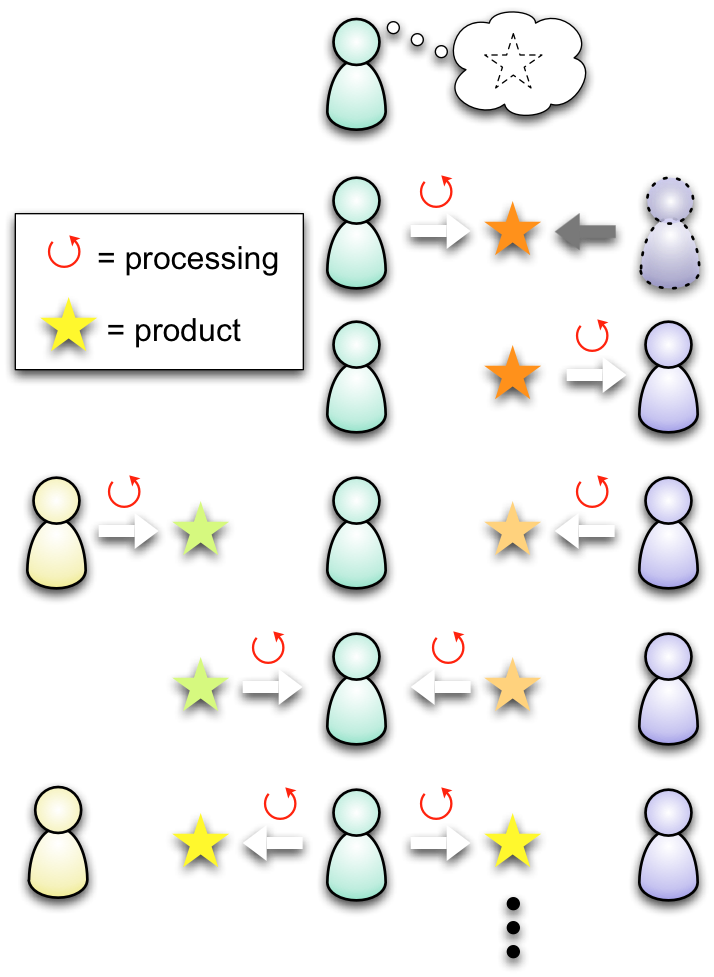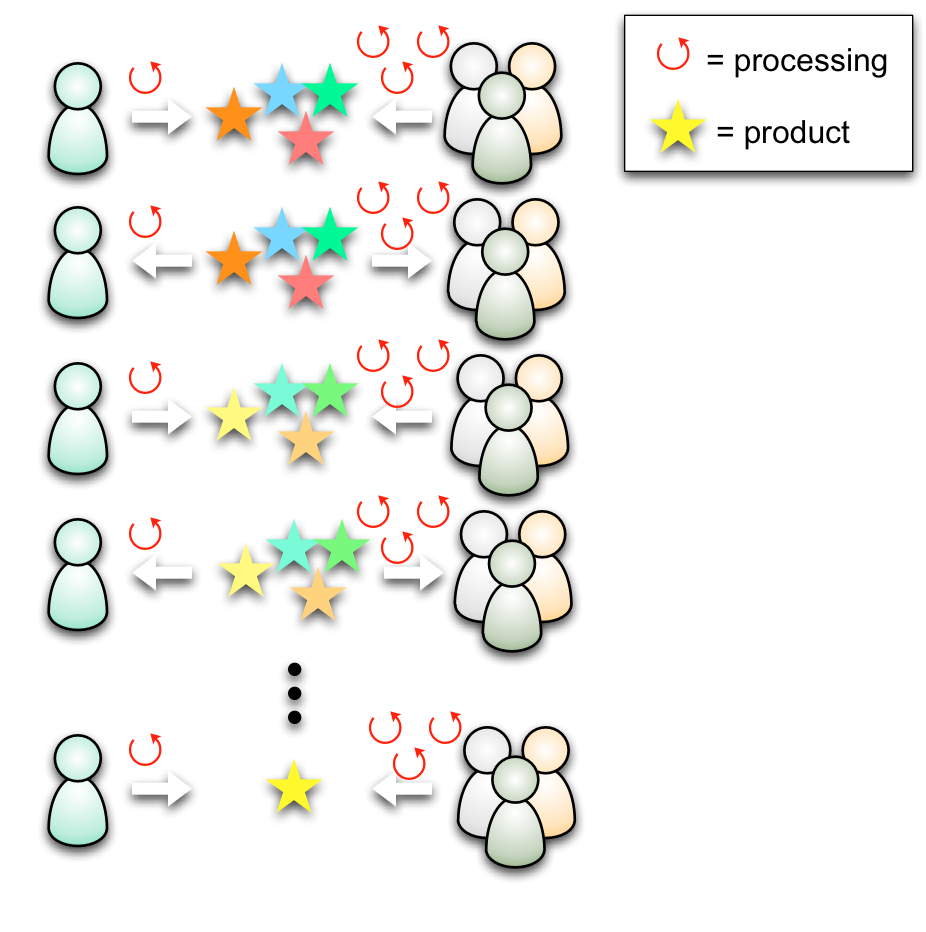Recently, a colleague videotaped me responding to some questions about how mobile could change learning. I find I riff a bit in such situations, and one of the ideas I had then is something I wanted to explore a little more. It had to do with context.
What we do, in so many of our formal learning designs, is create artificial contexts. In face-to-face learning, we’ll do role-plays, and in online learning we’ll create simulations or games. Now, this makes sense; you want to do practice away from real performance if the consequences are costly. Yet other times, e.g. after the learning experience, they end up performing (and, too often, before they’ve received sufficient practice because of time and money constraints as well as just bad habits). A further opportunity is that out there in the real world, there may be some contexts that the learner comes across that may be relevant, and we could extend the learning experience.
Context-aware systems give us a chance to do something more here. If you’re performing a task that’s related to some formal learning, your system could be equipped to notice, and bring in some appropriate content. This was the promise of electronic performance support systems, and we can now start doing it not just in custom-designed environments, but we can connect context clues to associated content with semantic rules. So, if you’re in a coaching meeting, the system could prepare you beforehand, provide support during, and some reflective evaluation afterward. Say, a checklist.
Similarly, we can notice the context of the learner and even if it’s not a performance situation, if there’s a meaningful connection (I didn’t want to use semantic again :), the system could provide some mention of the linkage, which reactivates and contextualizes the learning, making it more likely to be retained and transferred.
Mobile, of course, decouples this capability from the desktop, and increases the likelihood that the connection opportunities are capitalized on, and even the performance support model can be brought to bear. The two necessary components are the context-awareness (done via GPS, calendar) and semantic linkages (done with tagging). This is no longer rocket science, just a product of decent task analysis and content engineering.
I reckon it’s time that we can, and should, lift our game a little to start looking at more sophisticated support technologies. If improving performance matters…and it should.

